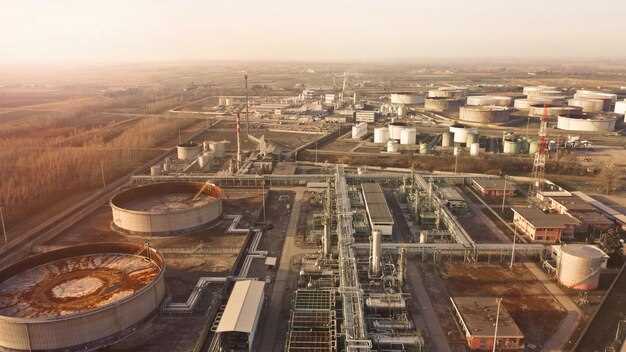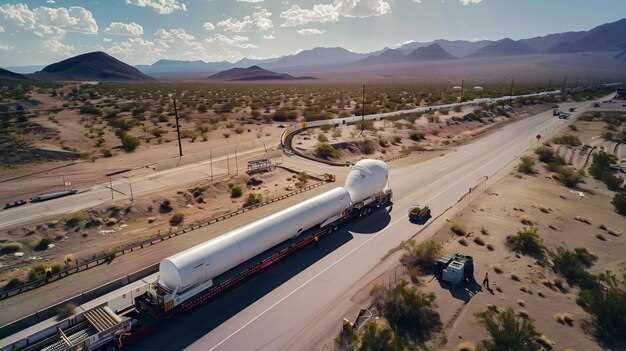

The state of Texas, known for its vast landscapes and booming economy, plays a vital role in the trucking industry, particularly with the use of diesel trucks. These heavy-duty vehicles are essential for transportation and logistics, but they also contribute significantly to air pollution. As environmental awareness grows, Texas has implemented a range of regulations aimed at controlling diesel truck emissions to ensure cleaner air for its residents.
This article delves into the specific emissions regulations that affect diesel trucks operating within the state. Understanding these regulations is crucial for truck owners, operators, and fleet managers who strive to remain compliant while optimizing their operations. The regulations encompass a variety of standards including emissions testing, vehicle maintenance, and potential penalties for non-compliance.
With the introduction of programs aimed at reducing emissions from diesel trucks, Texas is actively working towards balancing economic growth with environmental responsibility. This initiative not only focuses on new vehicle regulations but also addresses older trucks that significantly contribute to pollution levels. By examining these regulations, we can gain insight into Texas’s commitment to improving air quality while sustaining its vital transportation sector.
Understanding Texas Emissions Standards for Diesel Trucks
The state of Texas has implemented specific emissions standards aimed at reducing the environmental impact of diesel trucks. These regulations are primarily designed to limit the amount of pollutants that heavy-duty diesel vehicles can emit into the atmosphere. Understanding these standards is crucial for truck owners and operators to ensure compliance and avoid potential penalties.
Texas emissions standards for diesel trucks vary by region, with the most stringent regulations often found in urban areas that experience higher levels of air pollution. The Texas Commission on Environmental Quality (TCEQ) oversees these standards, which align with federal regulations but may also include additional state-specific measures.
In general, diesel trucks manufactured after a certain year must meet tighter emission limits that target nitrogen oxides (NOx), particulate matter (PM), and other harmful substances. These limits are enforced through regular inspections and testing to ensure that vehicles are operating within acceptable levels of emissions.
Additionally, certain incentives are available for truck owners who choose to upgrade to cleaner technology. Programs may include grants or tax credits for the purchase of new, compliant trucks or retrofitting older models with advanced emissions control systems. These initiatives aim to improve air quality while supporting the economic viability of the trucking industry.
Compliance with Texas emissions standards not only benefits the environment but also enhances public health by reducing harmful pollutants in the air. Understanding these regulations and taking the necessary steps to meet them is essential for diesel truck operators in Texas.
Compliance Strategies for Diesel Truck Owners in Texas

Diesel truck owners in Texas face stringent emissions regulations aimed at reducing air pollution and improving public health. To comply with these regulations, owners must adopt several effective strategies.
First, regular maintenance of diesel engines is crucial. Keeping engines in optimal condition ensures efficient fuel combustion, which can significantly reduce emissions. This includes routine checks on the exhaust system, fuel injectors, and air filters.
Investing in emission control technologies is another key compliance strategy. Diesel particulate filters (DPFs) and selective catalytic reduction (SCR) systems can help meet stringent emissions standards. Owners should ensure that these systems are properly installed and maintained for maximum effectiveness.
Furthermore, staying informed about local and state regulations is essential. Texas frequently updates its emissions requirements, and truck owners must adapt to any changes. Regularly consulting with the Texas Commission on Environmental Quality (TCEQ) can provide valuable insights and resources.
Participating in inspection and maintenance programs can also support compliance. These programs often provide necessary inspections that help identify potential emission issues before they result in penalties.
Additionally, considering retrofitting older trucks with newer, cleaner technologies can be a practical solution. Many programs offer financial incentives for teams looking to upgrade their fleets, making it a viable option for reducing emissions and complying with regulations.
Ultimately, adopting a proactive approach to compliance not only aids in adhering to regulations but also contributes to a cleaner environment in Texas.
Impact of Emissions Regulations on Diesel Truck Operations

The implementation of emissions regulations significantly affects diesel truck operations in Texas. These regulations require operators to adhere to strict standards aimed at reducing harmful pollutants released into the atmosphere. As a result, trucking companies must invest in newer, more efficient vehicles that comply with the latest emission standards.
One of the primary impacts is the financial burden these regulations impose on businesses. Upgrading fleets can involve substantial capital expenditures for purchasing low-emission trucks or retrofitting older models with emissions control technologies. Additionally, the maintenance costs may increase as newer technologies require specialized knowledge and equipment.
Another consequence of emissions regulations is the operational changes that companies need to adopt. Route planning may become more complex as operators aim to minimize emissions by optimizing fuel consumption. Furthermore, diesel truck drivers may need additional training to operate newer vehicles effectively, which can influence overall productivity during the transition period.
Moreover, adherence to emissions regulations can create competitive advantages for compliant companies. Consumers are increasingly aware of environmental issues and may favor carriers that demonstrate sustainability through lower emissions. This shift can influence contract bids and long-term partnerships within the industry.
Ultimately, while emissions regulations present challenges for diesel truck operations in Texas, they also drive innovation and advancements in technology. Embracing these regulations can lead to cleaner air, a healthier environment, and a more sustainable future for the trucking industry.